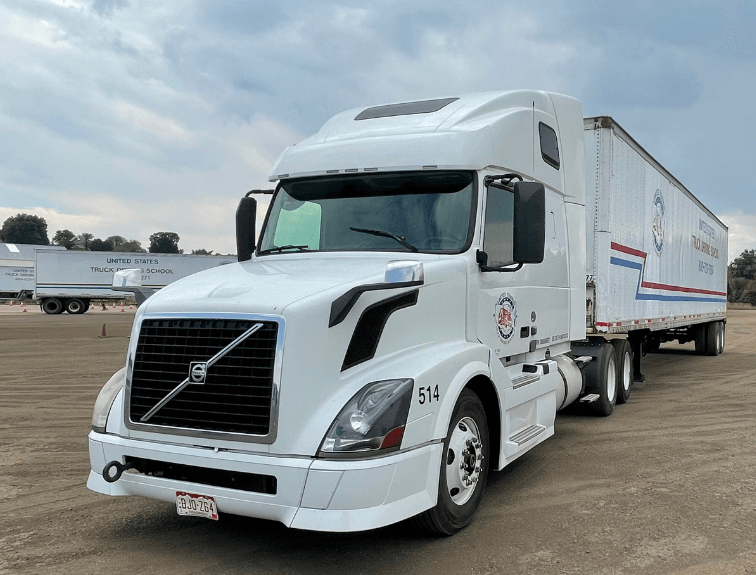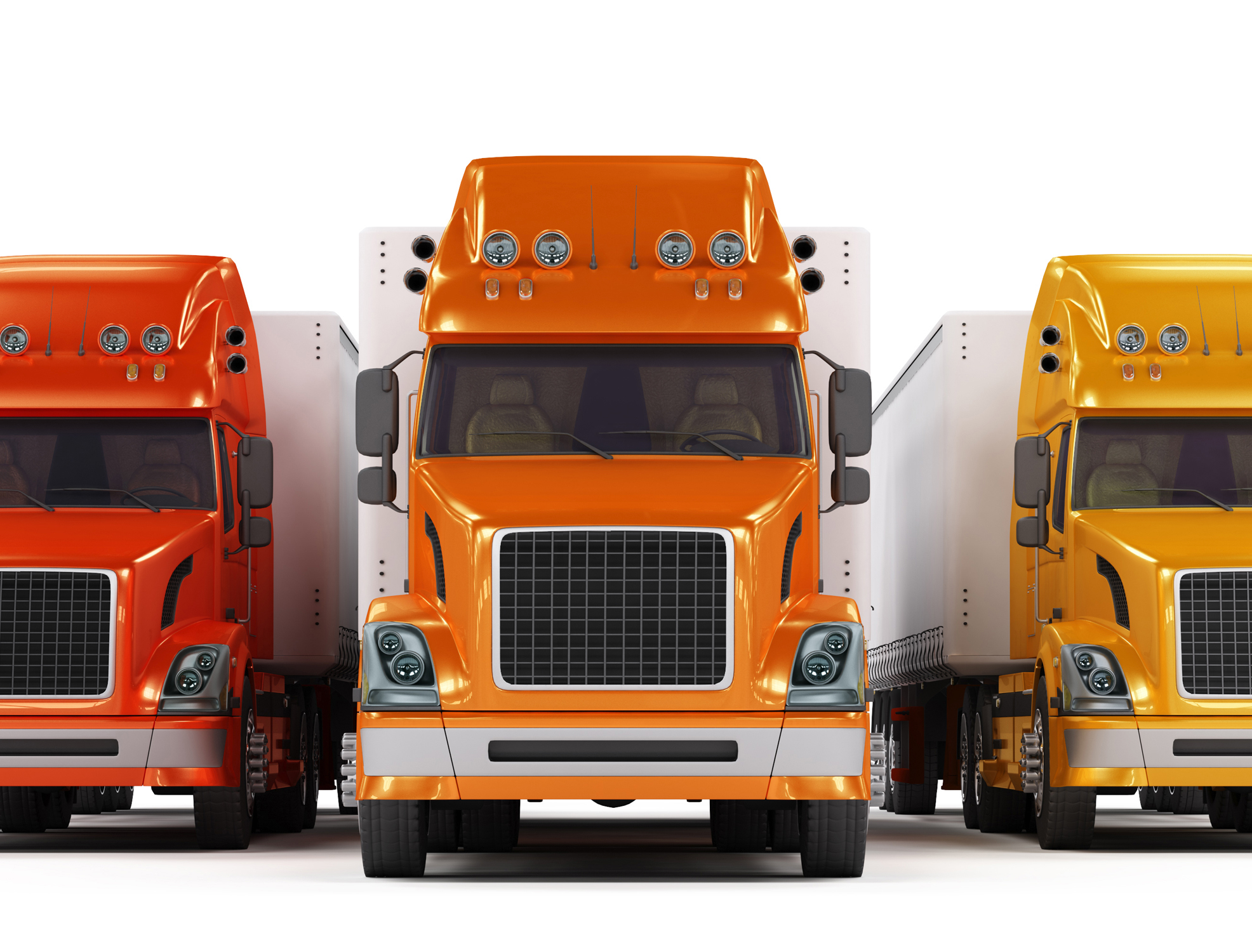Trucking is Going Green

Trucking is an industry that has a direct effect on emissions. As more trucks go green, the environment benefits. With April including Earth Day, we wanted to share what the trucking industry is doing to become a greener and more sustainable industry.
1. Improving the Trucks Efficiency
As trucking continues to grow, so do the number of different rucks on the road. Many companies are spending time and money to help develop ways to make these trucks more green without disrupting the industries’ work. Some of the developments range from hybrid models to using fuel alternatives. Other companies are focused on non-engine improvements to help current trucks reduce the amount of fuel used on a daily basis.
2. Optimizing Routes
Another way the industry is helping to reduce emissions is to have drivers and carriers spend extra time choosing the most efficient routes available. This helps keep trucks on time but spend less time on the road, which reduces the number of emissions each driver produces.
3. Using Greener Fuel
There have been long discussions on how the trucking industry can move away from diesel and toward less harmful fuel. Some of the top alternatives being used in trucking currently are biodiesel and electric batteries. Electricity seems to be where the industry’s future lies; whether with conventional batteries or hydrogen fuel cells is still up for debate, as seen in this New York Times Article.
4. More FTL Shipping
The quickest change in the industry is an increase in the number of Full Truckloads (FTL) shipments. As the industry starts combining LTL shipments to make more FTL shipments, there will be benefits. When a truck drives without any shipments or even a less than full truckload, it drives empty miles. Empty miles account for 17% of all trucking emissions while also proving more costly for trucking companies by wasting time for all involved.
5. Enhancing Training Practices
Teaching new students how to drive efficiently and responsibly improves each driver’s fuel efficiency. Teaching drivers how to maintain constant speeds and using their brakes less when not necessary results inefficient driving practices. This may require breaking some drivers’ bad habits, but it will be effective in the long run.
6. Reducing Idling
Many drivers spend their time idling while at truck stops; however, just one hour of idling can burn up to one gallon of fuel. To help combat this, drivers are starting to change their habits and investing in auxiliary power units to power their needs while stopping so that they can turn off their trucks.
All these methods combined will have a massive impact on the emissions produced by the trucking industry. However, even just one of these practices will help create the changes trucking needs to make. Here at US Truck, we teach our students how to become responsible drivers to help the industry.
If you are ready to start your trucking career, contact us today to get your career on the road.


